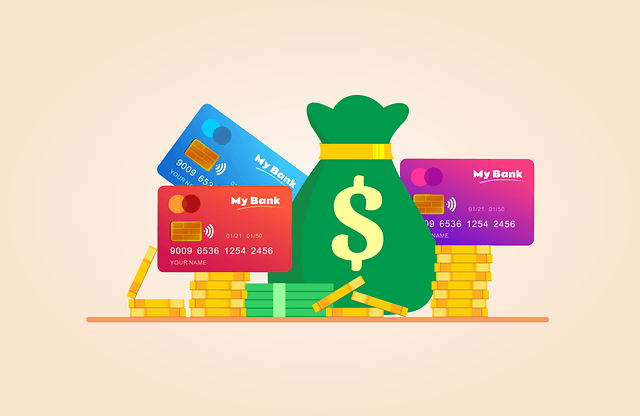
In recent years, credit card bonus deals have become increasingly popular in New Zealand. From airpoints to cashback offers, sign-up bonuses, and reward points, these promotions are designed to entice consumers to sign up for new credit cards. But are these deals truly worth it, or are they just a clever marketing ploy to get Kiwis spending more? Let’s break it down from a New Zealand perspective.
The Allure of Credit Card Bonus Deals
Credit card bonus deals often come in the form of rewards that appeal to everyday Kiwis. For example, Air New Zealand Airpoints credit cards are a favourite among frequent flyers, offering points that can be redeemed for flights, upgrades, or other travel-related expenses. Other cards offer cashback on purchases, supermarket vouchers, or even discounts at popular retailers. For many, these perks can feel like a no-brainer—why not get rewarded for spending money you were going to spend anyway?
In a country where the cost of living is high and every dollar counts, these bonuses can seem like a way to stretch your budget further. For instance, a sign-up bonus of $100 cashback or 10,000 Airpoints Dollars can feel like a significant win, especially if you’re planning a holiday or looking to offset everyday expenses.
The Fine Print: What to Watch Out For
While the rewards may sound appealing, it’s important to read the fine print. Many credit card bonus deals come with strings attached, and failing to understand these can cost you more than you gain. Here are some key considerations:
- Annual Fees: Many reward credit cards in New Zealand come with hefty annual fees. For example, premium Airpoints cards can charge upwards of $200 per year. If you’re not spending enough to offset this fee with rewards, you could end up losing money.
- Spending Requirements: Some bonus deals require you to spend a certain amount within a specific timeframe to qualify for the reward. For example, you might need to spend $3,000 in the first three months to earn a sign-up bonus. If you don’t normally spend that much, you could end up overspending just to meet the threshold.
- Interest Rates: Reward cards often have higher interest rates compared to standard credit cards. If you don’t pay off your balance in full each month, the interest charges can quickly outweigh any rewards you earn.
- Reward Caps and Expiry: Some cards have limits on how many points or cashback you can earn in a year, and rewards may expire if not used within a certain timeframe. This can make it harder to maximise the benefits.
Are They Worth It? It Depends on Your Spending Habits
Whether a credit card bonus deal is worth it depends largely on your individual circumstances and spending habits. Here’s how to assess if it’s right for you:
- Frequent Spenders: If you’re someone who puts a lot of expenses on your credit card—such as groceries, petrol, and bills—and you pay off your balance in full each month, a rewards card could work in your favour. The key is to ensure that the rewards you earn outweigh the annual fee.
- Frequent Flyers: For Kiwis who travel often, an Airpoints card can be a great way to earn rewards on everyday spending. However, make sure you’re using a card that aligns with your travel habits. For example, if you rarely fly with Air New Zealand, an Airpoints card might not be the best fit.
- Budget-Conscious Consumers: If you’re on a tight budget or tend to carry a balance on your credit card, a rewards card might not be the best choice. The high interest rates and fees could end up costing you more than you gain in rewards.
Alternatives to Reward Cards
If you’re not sure a rewards card is right for you, there are other options to consider. Low-interest or no-fee credit cards can be a better choice for those who want to avoid high costs. Additionally, some debit cards in New Zealand now offer cashback or rewards programs without the risk of accruing debt.
The Bottom Line
Credit card bonus deals can be a great way to earn rewards and save money, but they’re not a one-size-fits-all solution. For Kiwis, the key is to carefully evaluate your spending habits, read the fine print, and choose a card that aligns with your financial goals. If used wisely, these deals can provide real value—but if not, they could end up costing you more than they’re worth.
In a country where financial prudence is often a necessity, it’s worth taking the time to weigh the pros and cons before jumping on the credit card bonus bandwagon. After all, the best deal is one that works for you—not just for the bank.
For more information and tips to help you choose the best credit card in NZ, visit our website Credit Cards Compare.


